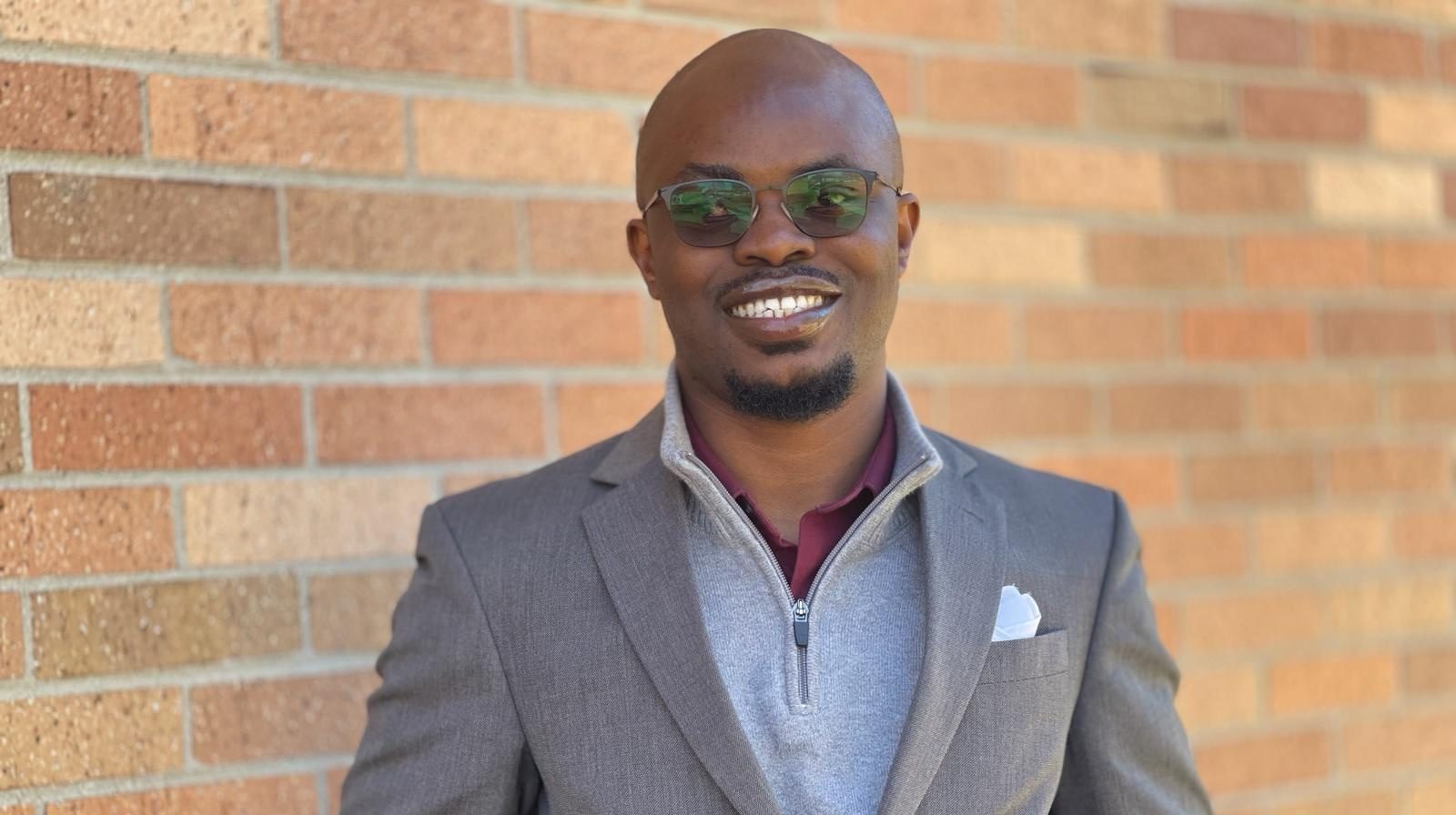Graduate students in humanities disciplines such as English often face a number of challenges: how can they conduct research that engages a variety of historical, sociocultural, and political intersections, how can this research be seen as applicable to a wide range of career opportunities, and what role does their work maintain within the university community at large?
The doctoral program in the Department of English prepares students to engage with their research topics both publicly and politically, placing an emphasis on the role of humanities research as integral parts of both culture and industry. Graduate students are encouraged to undertake interdisciplinary and multidisciplinary research, and their projects both stretch and redefine the boundaries of literary and language study. Bridging historical, theoretical, and technological gaps, graduate students’ research is poised to make significant interventions into numerous fields, from public policy to pedagogy, activism to aesthetics.
With faculty whose research interests span a wide variety of historical and theoretical traditions, graduate students have access to a vast network of expertise and mentorship opportunities. Through their leadership as community organizers of conferences and symposia, participants in public intellectualism, and their involvement in a dynamic community of scholarly inquiry, graduate students in our department make significant contributions to both their academic communities and society at large.
– Lucia Lorenzi, Ph.D. UBC English


